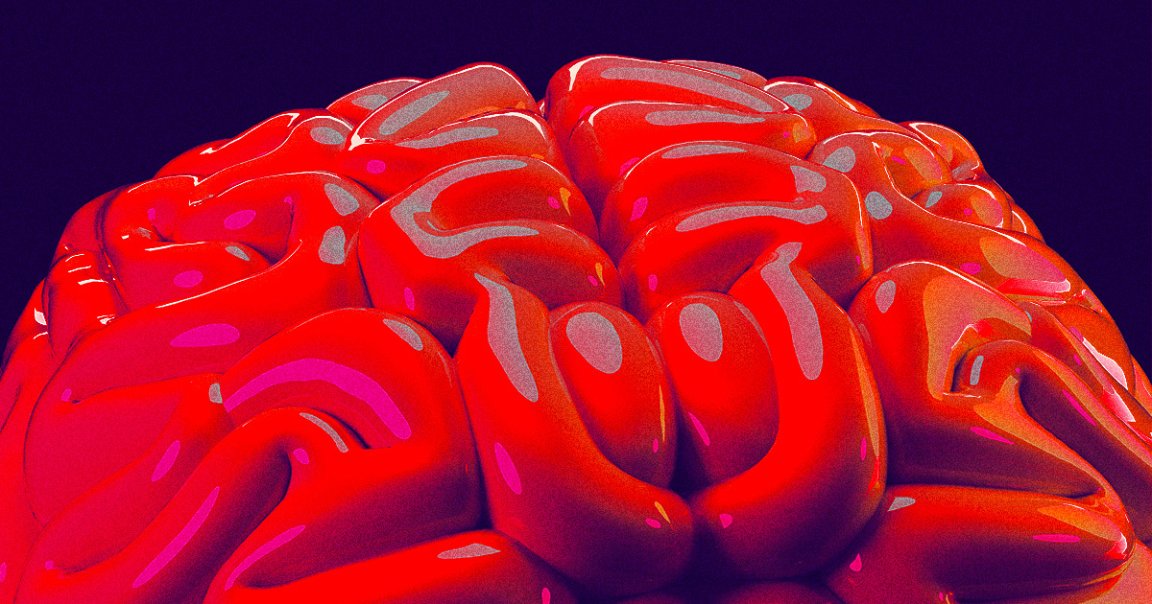
Elon Musk’s Neuralink brain-computer interface (BCI) company is apparently ready to begin its robot-assisted brain chip implantation — despite widespread attention on the gruesome fates that befell monkeys it experimented with early on.
As Bloomberg reports, the company hasn’t announced exactly when it plans to do its first implantation feautiring its bespoke robot surgeon, but Musk is pushing for it to be as soon as possible.
One obstacle is because it still hasn’t yet found its ideal volunteer, despite an apparent wellspring of interest stemming from its approval for human trials from the Food and Drug Administration in May and subsequent announcement in September that it was recruiting its very first human subjects.
Neuralink’s prime candidate for its first implant would be someone under 40 who’s paralyzed in all four of their limbs — and, of course, who is actually willing to have a chunk of their skull removed and replaced with the quarter-sized implant that will, the company hopes, be able to collect data from their brains.
As Musk biographer Ashlee Vance points out in that Bloomberg story, thousands of people have expressed interest in becoming the first person to get the Musk brain chip implanted in their heads.
On the opposite end of the hype spectrum, however, is the unsettling recent spate of reports about the company’s experiments on rhesus macaques, many of which would become visibly distressed, attempt to hurt themselves, become severely ill, or straight up die after the implantation.
Vance insists that during his visits to Neuralink’s Fremont, California facilities, conditions are far better than one might expect from the recent spate of grisly reports about the horrific fates that befell the rhesus macaque monkeys — and that moreover, the company has emphasized all those terrible stories were from public records requests gleaned from Neuralink’s earliest experiments.
Per Vance’s reporting, the monkeys at the Fremont facility — which he says are the same group he’s seen over the past three years — are now in good health, with some having newer models implanted in their brains, a few being retired to sanctuaries, and just one having to be euthanized. Along with the computer games the monkeys play “when they feel like it” to assist in the mind-reading aspect of the experiments, the macaques also have large playpens full of toys and fake trees, the reporter explains, and they get to watch TV and listen to music, too.
While the portrait Vance paints is indeed pretty adorable — albeit admittedly surreal — it’s impossible to ignore the reports about what happened to the other Neuralink monkeys.
As Wired reported last month, the brain of one female macaque literally ruptured after the chip was implanted. Instead of euthanizing her when they realized what was happening, the UC Davis scientists who were experimenting on the primate on behalf of Neuralink instead left her alive to see what happened. After she died, an autopsy revealed that the chip had leaked fluid into the monkey’s brain that caused it to become so inflamed, it protruded from the back of her skull.
Neuralink claims, per Bloomberg, that this incident and all the others that have made for very unsettling reading in recent months were the result of human error rather than faults with the equipment itself.
Whether or not that’s true, it’s very hard to “square away,” as Vance puts it, the idea that soon, Neuralink will be having robots place its implants into humans so soon after all those terrifying tales dropped.
But that may just be science in the age of Musk.
“We can’t blow up the first three,” Shivon Zilis, Neuralink’s director of special projects and the mother of two of Musk’s children, told Vance in a reference to SpaceX’s exploded Starships attemps. “That’s not an option here.”
More on Neuralink: Elon Musk Says Neuralink Tests Only on Terminally Ill Monkeys